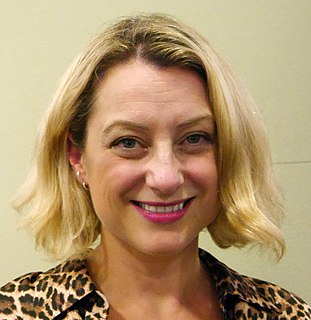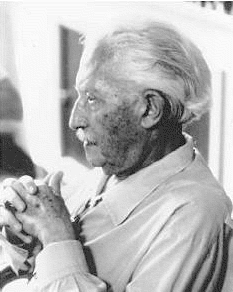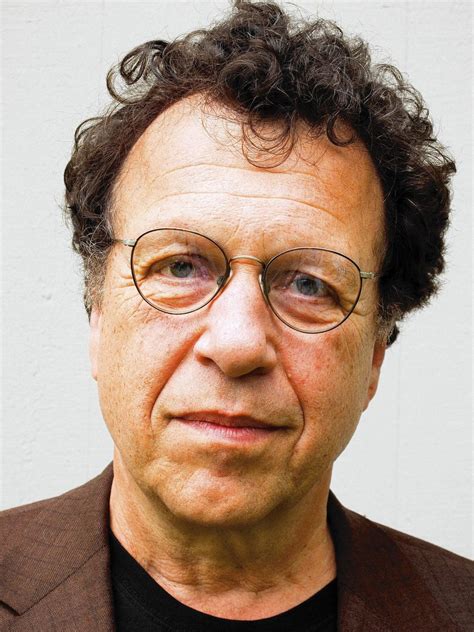A Quote by Paulo Coelho
Sak, pain, love are limited human experiences. and only those who know their own frontiers, those knows the life, the rest is just passing time.
Related Quotes
Every time I think I’m getting smarter I realize that I’ve just done something stupid. Dad says there are three kinds of people in the world: those who don’t know, and don’t know they don’t know; those who don’t know and do know they don’t know; and those who know and know how much they still don’t know. Heavy stuff, I know. I think I’ve finally graduated from the don’t-knows that don’t know to the don’t-knows that do.
For me... after having some intense wartime experiences where I lost a lot of good friends that I've loved, I made a promise to those guys who died - that I'd do everything in my power for the rest of my life to make this world a better place. Because those men were great human beings and they left a void.
What I secretly longed for was to disentangle myself of all those lives which had woven themselves into the pattern of my own life and were making my destiny a part of theirs. To shake myself free of these accumulating experiences which were mine only by force of inertia required a violent effort. Now and then I lunged and tore at the net, but only to become more enmeshed. My liberation seemed to involve pain and suffering to those near and dear to me. Every move I made for my own private good brought about reproach and condemnation. I was a traitor a thousand times over.
Whenever I wore it there were some questions whether the outfit was just too over the top. I'm like, "Do you know who you're dealing with here, and her eccentricities, her style, her flair?" These little things were sometimes those - I love it. I love having a real-life model. But I also do flush it out with my own personal experiences and my own essence, and hopefully they mesh together.
I was always a creative child. I also liked to paint and draw. All those years of doing those types of things, I was grateful I had those experiences because it changed my life later on. I know they weren't acceptable for what society assumed a boy should do, but I think its just your passion, it's what you're drawn to.
When you look back at your own life, you see ... the sufferings you went through, each time you would have avoided it if you possibly could. And yet, when you look at the depth of your character now, isn't a part of that a product of those experiences? Weren't those experiences part of what created the depth of your inner being?
I think all those years that I spent as a nurse, from the age of seventeen, just allowed me an insight into human emotion at those times of life when it's so important. And to see and witness those times of grief and love and loss and all those things was such a huge privilege, both in my own personal life, but it also, I think, spills over into my writing. I think the one thing that most novelists have is some degree of emotional intelligence, and if you don't have that, then perhaps you might struggle to be a novelist, because that has to come out somewhere.
These same experiences make of the sequence of life cycles a generational cycle, irrevocably binding each generation to those that gave it life and to those for whose life it is responsible. Thus, reconciling lifelong generativity and stagnation involves the elder in a review of his or her own years of active responsibility for nurturing the next generations, and also in an integration of earlier-life experiences of caring and of self-concern in relation to previous generations.
It takes courage to love, but pain through love is the purifying fire which those who love generously know. We all know people who are so much afraid of pain that they shut themselves up like clams in a shell and, giving out nothing, receive nothing and therefore shrink until life is a mere living death.






































